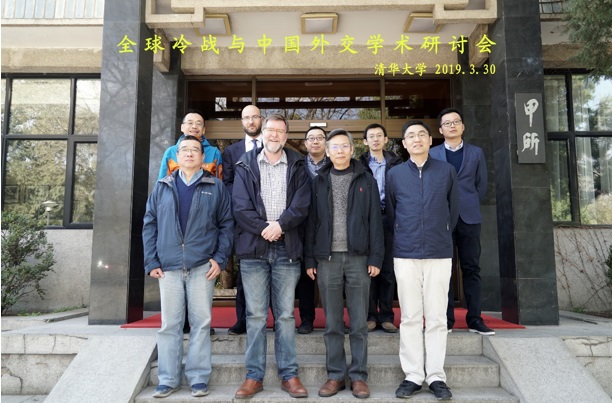On March 30, 2019, “The Global Cold War and China’s Diplomacy” symposium was held in the first meeting room of Jiasuo Hotel at Tsinghua University. The seminar was hosted by Assistant Professor She Gangzheng in the Department of International Relations at Tsinghua University. The S.T. Lee Chair Professor Odd Arne Westad (Harvard University), Professor Zhang Xiaoming (Peking University), Associate Professor Niu Ke (Peking University), Associate Professor Li Qianyu (China Foreign Affairs University), Associate Professor Enrico Fardella (Peking University), Associate Professor Zhai Tao (Capital Normal University) and Associate Professor Fan Chao (China Foreign Affairs University) attended the event and delivered their speeches.
After the welcome address by Assistant Professor She Gangzheng, Professor Odd Arne Westad gave an opening keynote. Professor Westad mainly talked about two of his most recent research projects: the evolution of PRC-DPRK relations and the interaction between China’s domestic politics and diplomacy in the early days of Reform and Opening up, and put forward his own views on the lessons of the Cold War for current and future international situation.
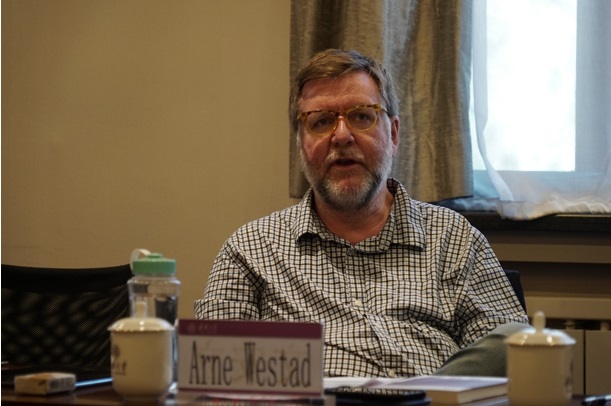
In the first session, Professor Zhang Xiaoming explored the question whether "China was a Winner or Loser in the Cold War" from different aspects, and argued that China should try its best to avoid the outbreak of another Cold War. Associate Professor Niu Ke analyzed in detail the impact of Cold War on the rise and development of regional studies in the United States. Associate Professor Li Qianyu sorted out the similarities and differences between the four stages of China’s efforts to construct a united front within the international community since the founding of People’s Republic. Associate Professor Enrico Fardella introduced the key internal and external factors affecting the relationship between China and Italy during the Cold War era and beyond.
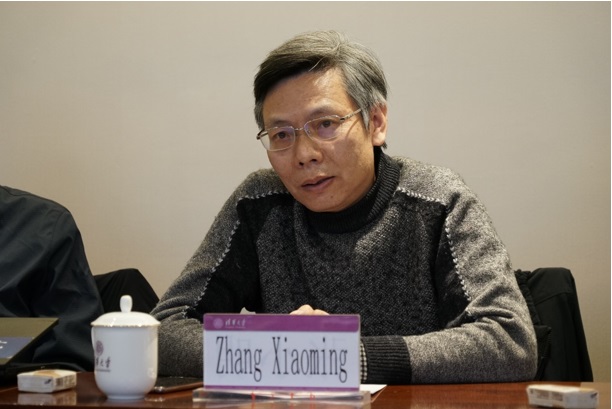
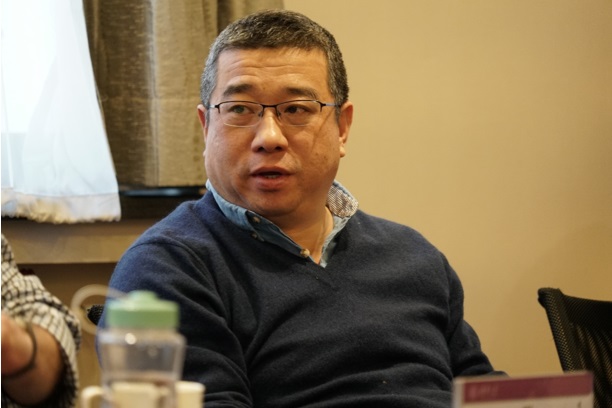
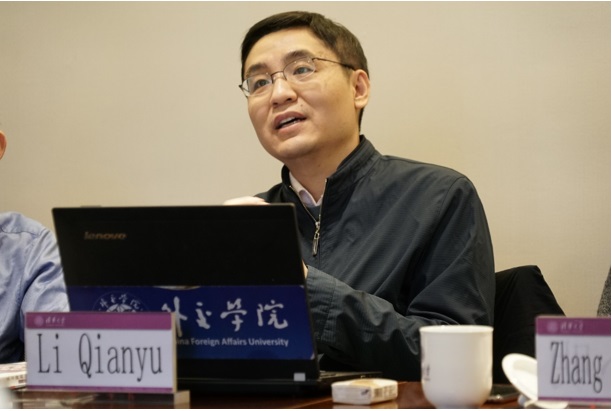
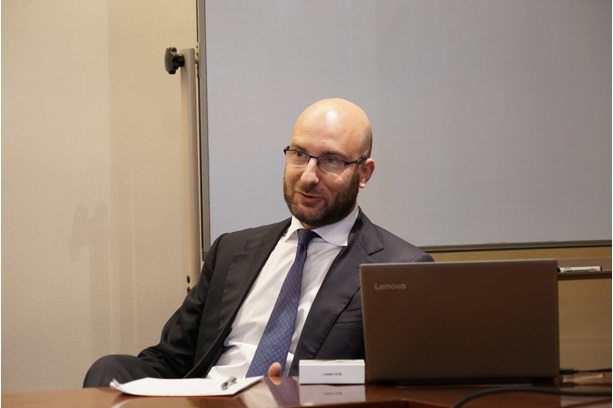
In the second session, Associate Professor Zhai Tao outlined the “cultural cold war” between the CCP, the KMT, and the US to win the hearts and minds of overseas Chinese in Southeast Asia and its potential impact on Beijing’s policy toward overseas Chinese afterwards. Associate Professor Fan Chao utilized the discussion within China’s leadership on the Soviet Union in the early days of Reform and Opening Up to reveal the process of China’s gradual withdrawal from the ideological confrontation during the Cold War. By focusing on the cooperation and disputes between China and the United States in the Middle East peace process from 1977 to 1982, Assistant Professor She Gangzheng analyzed whether China was taking a “free ride” in the region of Middle East.

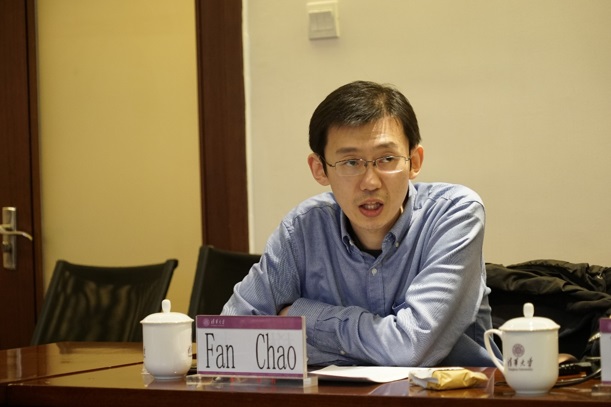
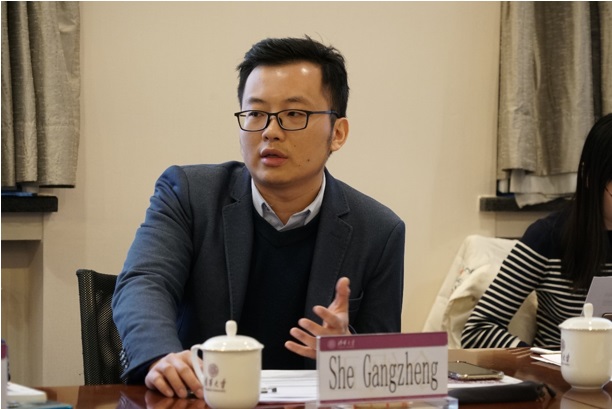
During the Q & A session, participants also discussed the transformation of China’s foreign relations, the future options of Sino-US relations, and the possibility of a “second cold war”.
